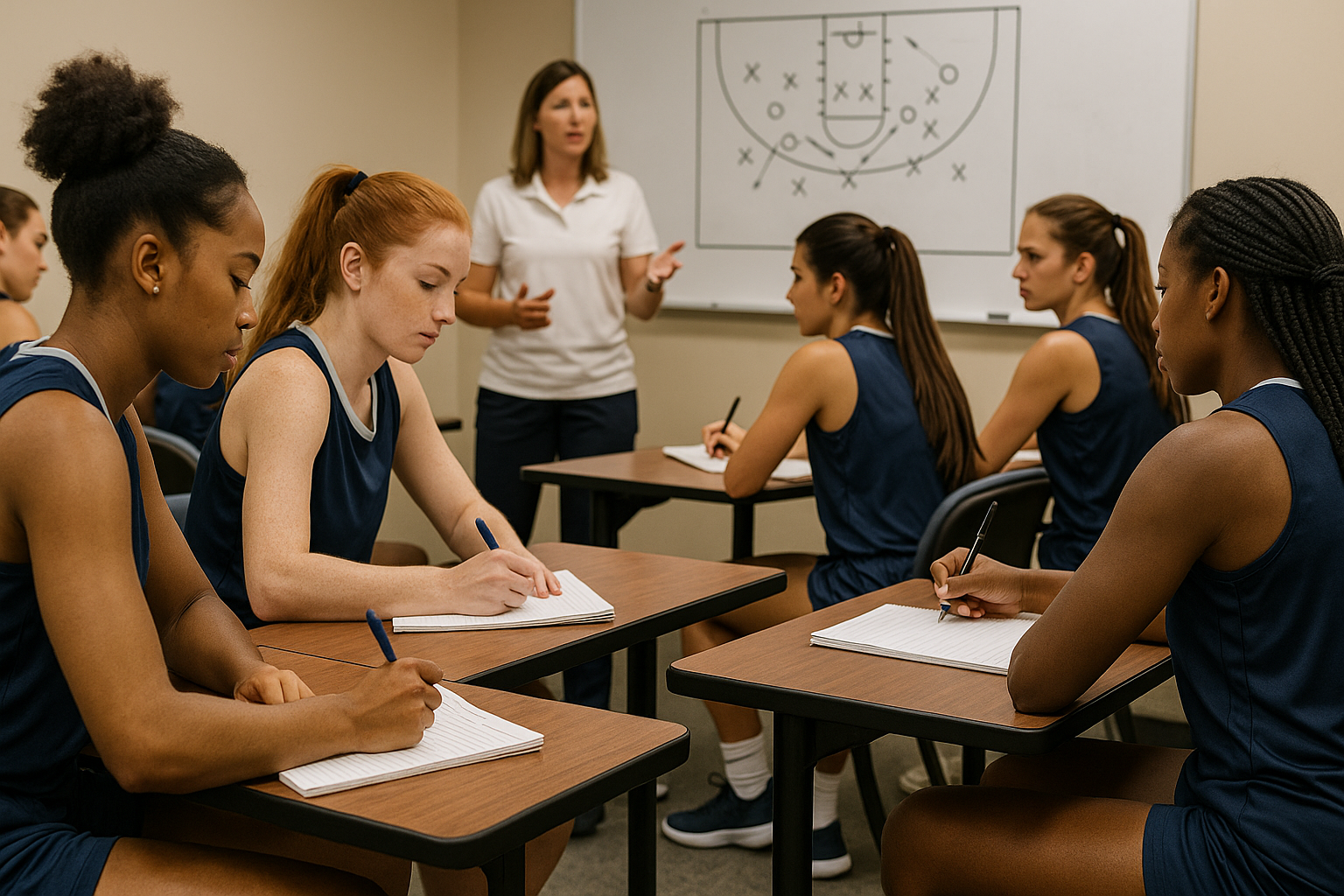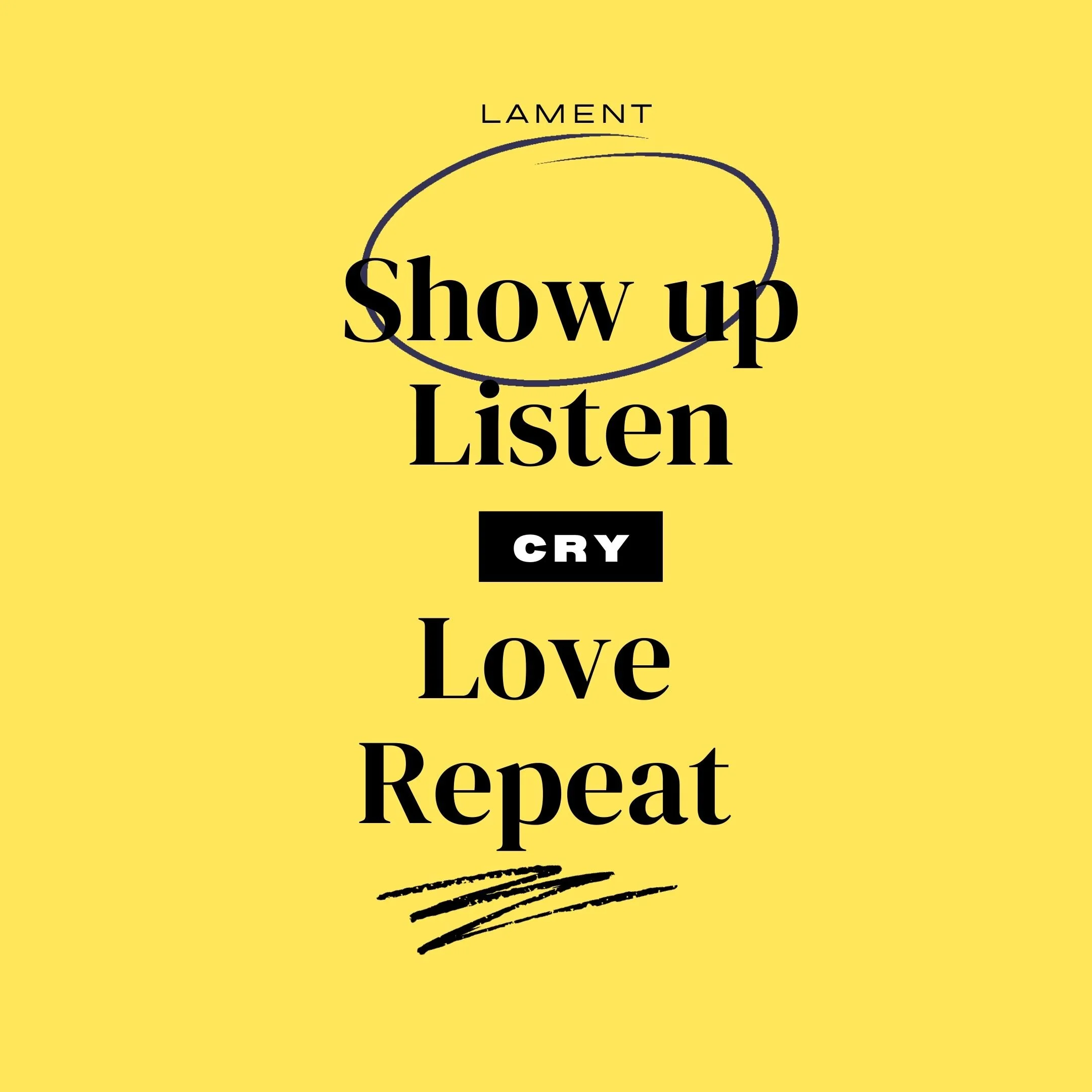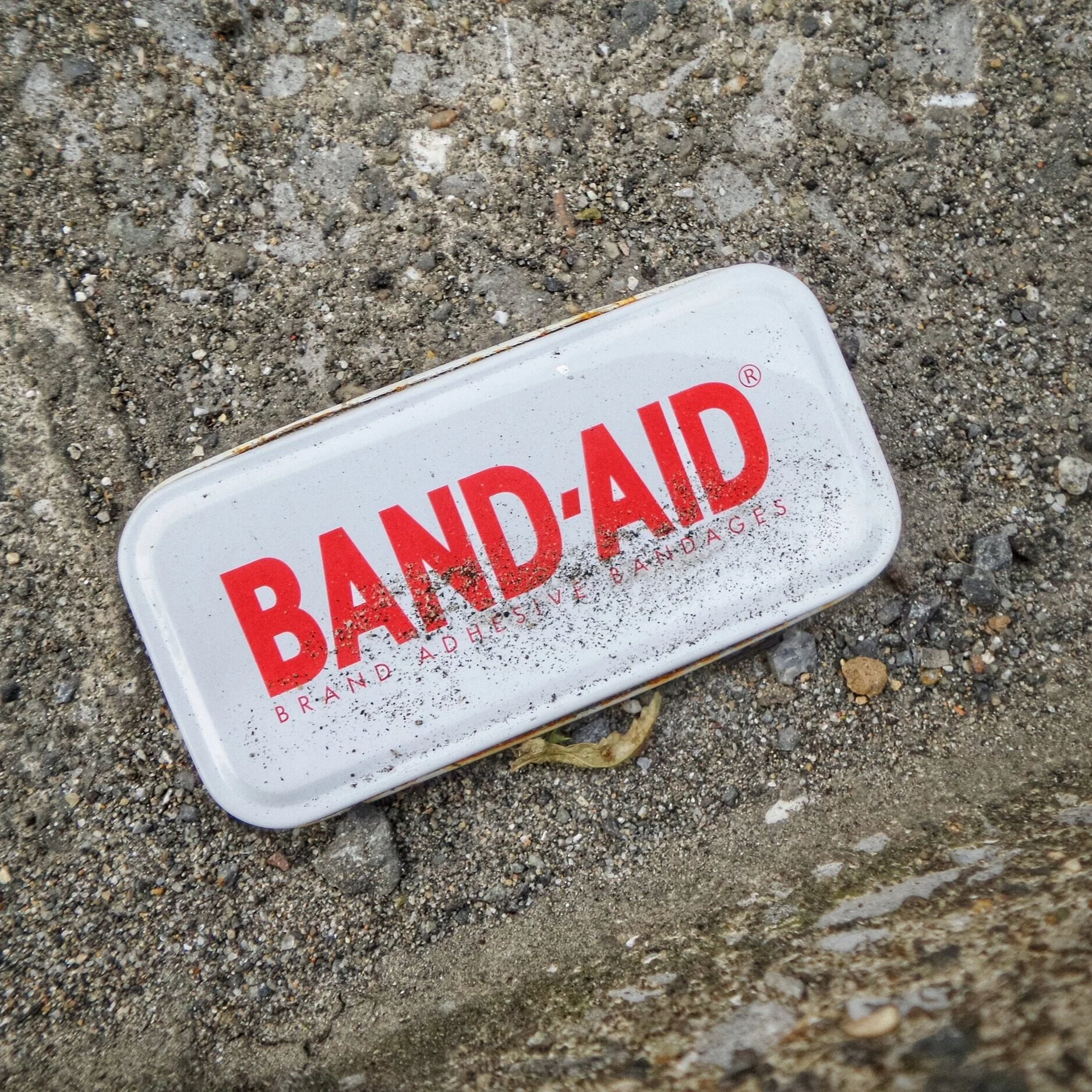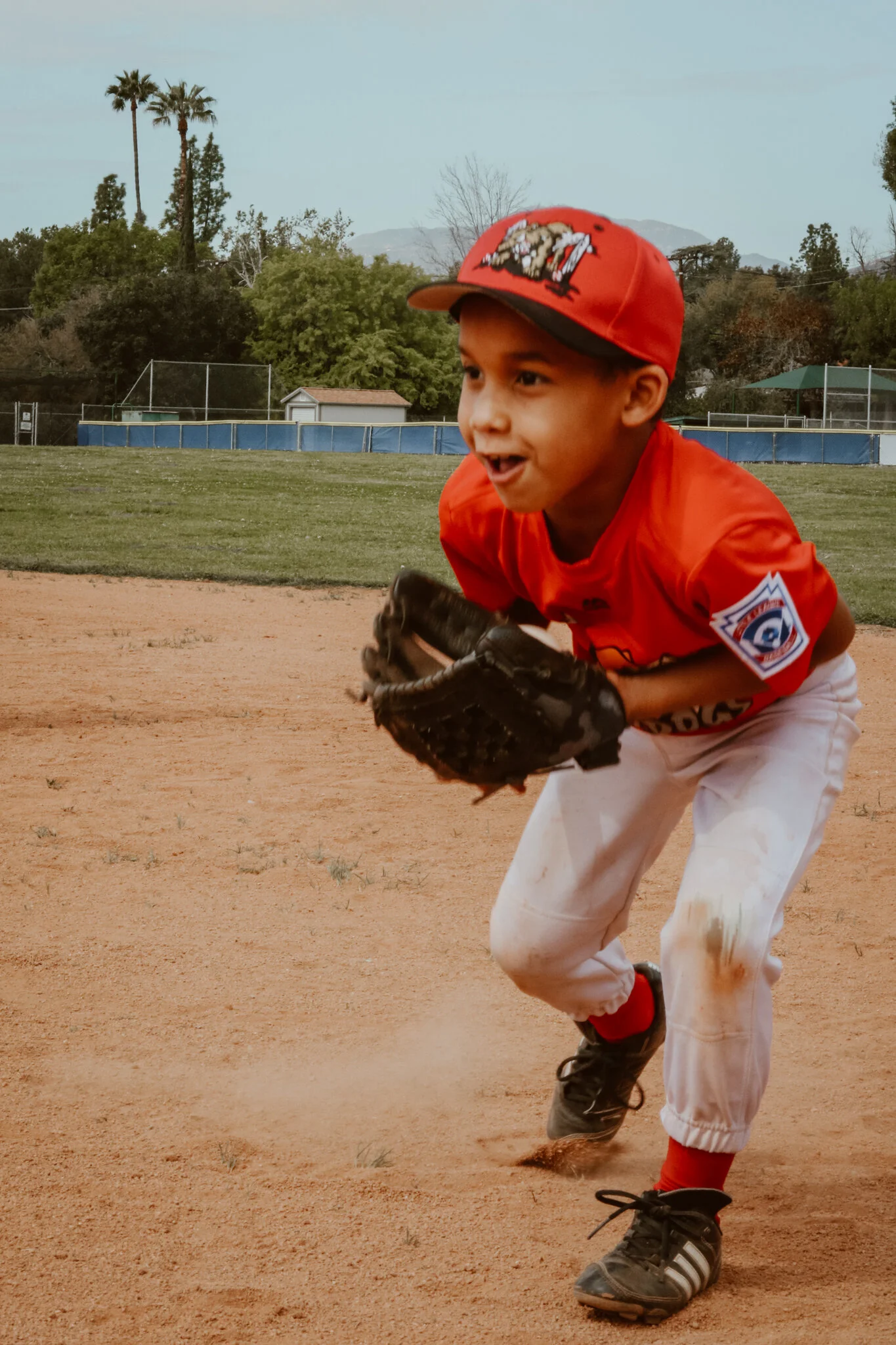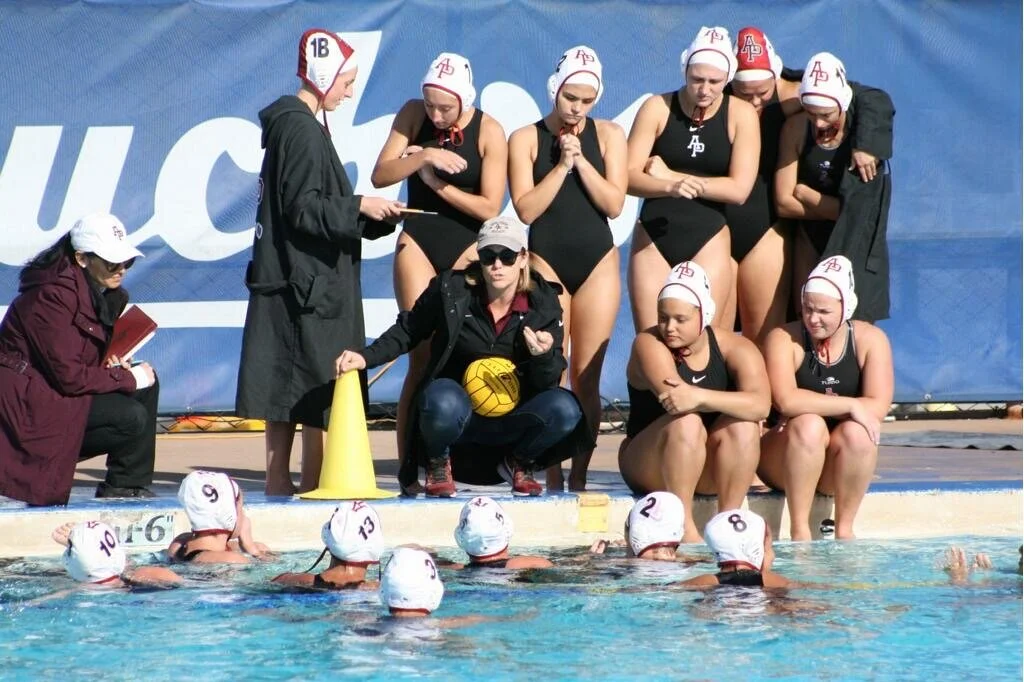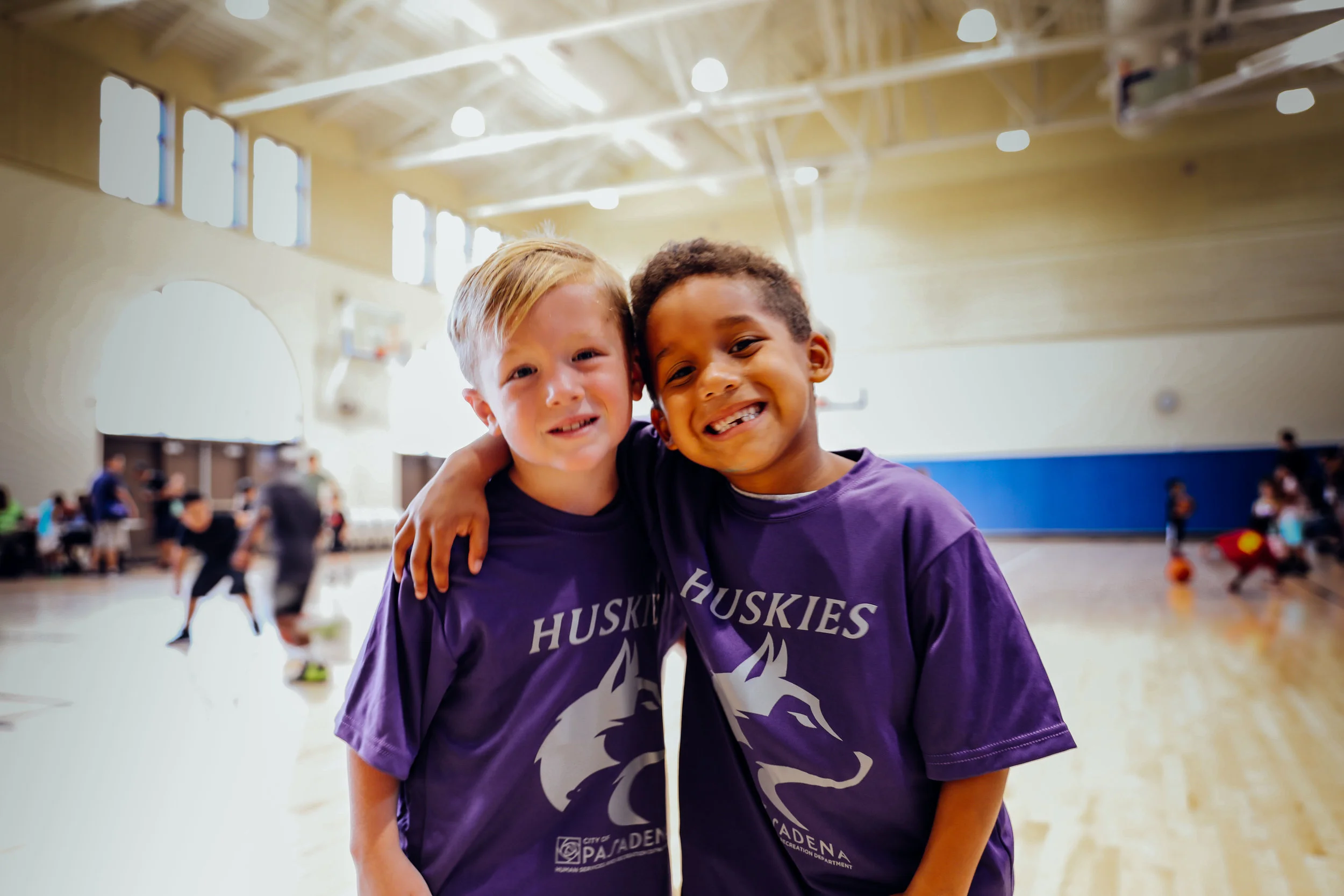Human Training- a Coach and Mom Perspective
/A while back my younger boys and I were driving home and out of nowhere, one of the 7 year olds looked at me and said, “Mom, I know an option of what will make me whine less.”
“Yes?” I responded with genuine curiosity at the trajectory of this conversation, “what’s that?”
“If you just give me whatever I want, I would not need to whine anymore!”
“Interesting thought son” I said with a little chuckle. I only paused enough to hold in an all out laugh, but with a smile and a factual tone I said, “Well, if I give you EVERYTHING you want right now, you will basically become a horrible human later and probably have a hard time making or keeping any friends-- So I am willing to put up with some whining now so that way you are a good human later.”
And without hesitation, he responded: “Well mom... I am just saying it IS an option.”
Who is this kid? I just have to laugh! “Yes, you’re right, it IS an option- but not one I am choosing.”
This silly exchange got me thinking about what makes a great human. What are the types of things I want to instill in my young kids? What are the most vital lessons for long term success? What have we already instilled in our older kids? What do I teach my athletes beyond the sport? There are SO many things, but when I get down to it, I want all the people in my life to live purpose-filled, using their unique talents and abilities in a way that honors God, and displays love others well. So I decided to make an abridged guidebook for myself as a reminder of what is important.
These are NOT just thoughts on parenting. These are my thoughts from my years of coaching, building teams, walking with people, pastoring them, and seeing them grow throughout different ages and stages of life. I’ve been honored to have years of junior high and high school teaching, college coaching, and pastoral counseling. This is not only my “parenting” guidebook. This is my guidebook on “Human Training.” I like to say, “If you're done learning, then you're done living.” I am still in Human training and I hope you are too. But here is a short list of four vital attributes that I think will guide us all in the direction of being better humans.
1. Be Humble
Humility is a state of the heart and the mind that we exude through posture, tone, temperament, and words. Humility is the beginning of wisdom. We can have knowledge without humility, but true wisdom is the application of that knowledge with the understanding that we are not better than any other person because we choose to apply our knowledge.
When I explain humility to my athletes, I say that it is knowing the truth and living in it. A humble person can do the work without getting the credit because they know the truth. If the truth is they are really great in an area, they will live in the responsibility of that gift and share it with others without being demeaning. If a humble person is the weakest link on the team, they will admit it and work hard to catch up with the demand. Proverbs 9:10 says that “The Fear of the Lord is the beginning of wisdom,” and James 4:10 says, “Humble yourself before the Lord, and he will lift you up. Simply put, when we know the truth of who we are to God and what He really thinks of us, we realize we are both so small and so purpose-filled. We realize the juxtaposition of the vastness of humanity and the significance of our part to play. I have a strong conviction that humbling ourselves and seeing ourselves in the right perspective is the foundation for growth in all areas: professionally, relationally, emotionally and spiritually. Being humble DOES NOT mean you are passive, bashful, dismissive of all praise, or timid. As C.S Lewis said, “Humility is not thinking less of yourself, but thinking of yourself less.” God does not think little of us, and he does not ask us to think that of ourselves. But to think of ourselves less is something we are asked to do. It is not all about us in the bigger picture, but we have a part to play in a bigger story.
2. Embrace Personal Accountability
Personal accountability means that you have embraced that you are responsible for the choices you make regardless of the situation in life. It is the combination of integrity and action. It is owning your mistakes, taking responsibility for the way you can communicate to others, and putting an end to the blame game. A person who is completely accountable not only owns her actions, but understands that those around her have the freedom to make their own choices as well. In work, relationships, and daily actions, living in accountability shifts our mind from “why is this happening to me” into “what can I do with this now?” When we learn new information we sit with it or act in it; we can make a change or ignore it. When we reach an obstacle, we choose to succumb or overcome. On my six-year old’s level, personal accountability looks like telling the truth when he gets caught. It is apologizing when he accidentally hurts someone, it is changing language from, “I don’t have a fork!” to “Mom, can you get me a fork?” and eventually he gets up and gets his own fork. And when I put it in that order, that is what increasing personal accountability looks like for all people, the situations just become more complex with age. But if we continually work at telling the truth, apologizing for mistakes, and changing our words and actions to increase our awareness of our personal volition we will continue to grow in this area.
3. Be Proactive
This ties into personal accountability and flows from it. To be proactive is the opposite of being reactive. In order to become proactive, you must believe that your choices matter, your actions matter, and even if you can’t change the situation, you can change your response. I think proactivity impacts relational health as much as success in the work place. I have seen marriages crumble because one, or both, mates are merely reactive. Reactivity, even with the best intentions, is FAR from proactive. Reactivity says, “tell me what to do and I will do it.” While proactively says, “Something is not working, I don’t have the answer but let’s brainstorm a few and try them.” When a person is reactive in work, they may miss the raise; but when a person is reactive in relationships they make the other people feel unseen, unvalued, and unloved. To be proactive is to see a gap and fill it by using your gifts, talents, resources, and or connections.
My athletes probably hate it when I do this, but when they bring up a complaint or an issue that is bothering them, I get to the point where I can kindly ask, “So what can you do about it? What change can you bring in this situation?” or “what choices do you have now?”
In my house, when a kid is whining about something I say, “Now that sounds like a problem! Do you know how you can solve it?” My husband and I have both taken up the mantra “see a need, meet a need.” It started with our kids, but the truth of it is so big that we have taken it from our house to all of our places of work.
4. Give and Receive Grace and Forgiveness
I saved the best for last, because without it we cannot have a healthy view of ourselves or strong relationships with others. I think it is worth stating here that we cannot give what we do not have. If I do not have grace for myself, how am I supposed to have grace for someone else? If I make a mistake and say, “I am a failure” that is much different than saying “I failed.” One is an action, the other is an identity. Giving and receiving grace greatly shapes our identity.
In 2019 Brian Hainline, the Chief Medical Officer of the NCAA Sports Science Institute, came to our campus to give a day’s worth of lectures. At one point he told the athletes, “The best thing a coach can give you is the knowledge and ability to demonstrate self-compassion.” A small suggestion he gave was to talk to yourself like you would talk to a friend- usually we are more kind and encouraging to our friends who make mistakes but we internally yell at ourselves when we mess up. Teaching people to talk to themselves like they would talk to a friend is a good starting point, but where are we getting the sources of grace and forgiveness? Does it come and start from myself? It cannot. A basic human need is to be fully loved in spite of our failures, and while some people in our lives may offer us that, we can most fully fill that need from the author and source of love and grace, Jesus Christ.
Now I have followed Jesus for close to 30 years, but it wasn’t until my mid twenties that I realized I had an issue with receiving grace. I didn’t want to “need grace,” because I wanted to be “good enough” on my own merit. I didn’t mind giving others grace because it meant “I wasn't the one in the wrong.” Oddly this subconscious belief led me to have a fear of failure, increased pride, judgment toward others and even some people pleasing tendencies. I have to be honest, this is still an area I am still working on this over a decade later, it is one of my continuous life lessons and one of my areas I am continually humbled in. Yet, I am reminded that every time I take a growth step in receiving grace I have growth in myself, my relationships, and I gain a greater sense of peace and satisfaction.
These guideposts are not easy to live out, but all of them are worth both the fight and the surrender. And yes, it is both a fight and a surrender. We fight to make choices and surrender the outcome knowing we can’t control many variables in the final outcome. We fight the internal voices, but surrender our emotions to the truth. We fight to parent children and lead people well, but surrender control over them because we really cannot control another human. We fight to cultivate these characteristics among the teams and organizations we belong to, and we surrender to the painful process of growth and conflict. Human training is for all of us, and it is not for the faint of heart. We are all in it together, so let us give ourselves and others grace, let us proactively meet needs, take ownership for what we can change, and humble ourselves before God and others to display true love and hope to the world.


